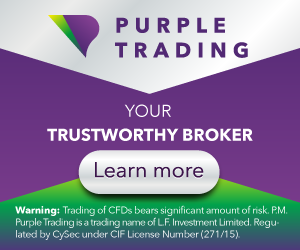The Forex market is considered as on of the largest and most liquid financial market in the world. It dwarfs other markets in size, even the stock market, with an average traded value of around U.S. $2,000 billion per day. The total volume changes all the time, but as of August 2012, the Bank for International Settlements (BIS) reported that the Forex market traded in excess of U.S. $4.9 trillion per day.
One unique aspect of this international market is that there is no central marketplace for foreign exchange. Rather, currency trading is conducted electronically over-the-counter (OTC), which means that all transactions occur via computer networks between traders around the world, rather than on one centralized exchange. The market is open 24 hours a day, five and a half days a week, and currencies are traded worldwide in the major financial centers of London, New York, Tokyo, Zurich, Frankfurt, Hong Kong, Singapore, Paris and Sydney - across almost every time zone. This means that when the trading day in the U.S. ends, the Forex market begins anew in Tokyo and Hong Kong. As such, the Forex market can be extremely active any time of the day, with price quotes changing constantly.
There are actually three ways that institutions, corporations and individuals trade Forex: the spot market, the forwards market and the futures market.
The Forex trading in the spot market always has been the largest market because it is the "underlying" real asset that the forwards and futures markets are based on. In the past, the futures market was the most popular venue for traders because it was available to individual investors for a longer period of time. However, with the advent of electronic trading, the spot market has witnessed a huge surge in activity and now surpasses the futures market as the preferred trading market for individual investors and speculators. When people refer to the Forex market, they usually are referring to the spot market. The forwards and futures markets tend to be more popular with companies that need to hedge their foreign exchange risks out to a specific date in the future.
Are you interested in Forex trading? Here you or recommendation for the fair Forex broker:



